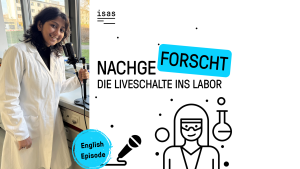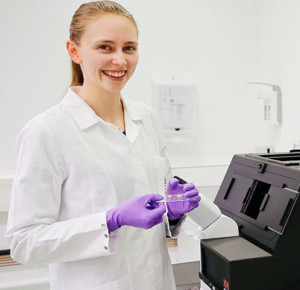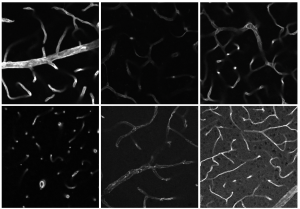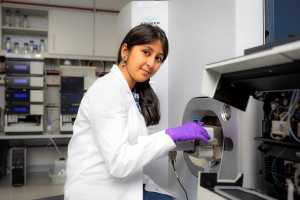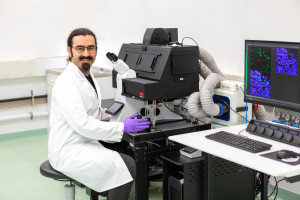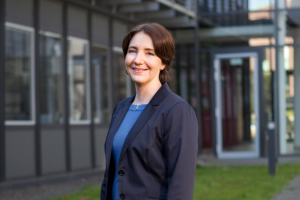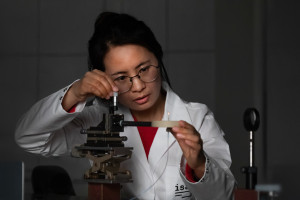Dortmund, 26th January 2022
Hydrogen sulfide smells like rotten eggs, but Dr habil Milos Filipović cannot get enough of this gas. The name of his ERC-Sulfaging research group reveals: there is a connection between sulfur, and ageing. When Filipović talks about his research, it becomes clear why he raves about the unpleasant-smelling gas: hydrogen sulfide keeps our cells young.
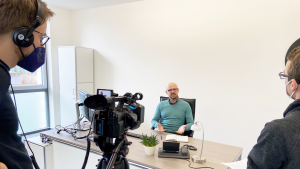
Dr habil Milos Filipović in an interview with journalism students of TU Dortmund University.
© ISAS
As humans age, the proteins in their cells oxidise. The reason for this is their contact with hydrogen peroxide, a waste product in human metabolism. This is where hydrogen sulfide comes into play, and protects the proteins from this very oxidation. This chemical reaction is called persulfidation. In order to slow down ageing processes in the future or to stop age-related diseases such as Alzheimer's or Parkinson's, Filipović's team is deciphering, among other things, the mechanisms of hydrogen sulfide actions in the cells. In their analyses of persulfidation, the researchers are supported by nematodes. Caenorhabditis elegans, a worm just one millimetre long that is popular in ageing research, also plays a major role in Filipović's laboratories.
The biochemist has now told students from the Institute of Journalism at TU Dortmund University why he and his team uses this model organism and how many days of a worm's life are a human year. After the interview, the visitors and Filipović went on to film in the lab.
Funding of Sulfaging
This project has received funding from the European Research Council (ERC) under the European Union’s Horizon 2020 research and innovation programme (grant agreement No 864921).

